Arctic explorer Ernest Shackleton is said to have advertised for companions: “Low wages, bitter cold, long hours of complete darkness. Safe return doubtful.” But did he really?


Arctic explorer Ernest Shackleton is said to have advertised for companions: “Low wages, bitter cold, long hours of complete darkness. Safe return doubtful.” But did he really?

HISTORY has put together this list of interesting information about the French and Indian War.

Among the more well-known male writers and artists of the Harlem Renaissance existed women who also deserve to be recognized. Read about three writers whose work reflected being both black and female.

In part of its 21st Century Muckrakers series, Nieman Reports, a foundation that seeks to advance the standards of journalism, outlines the obstacles and advantages of contemporary investigative reporting.

Nineteenth-century photographer Edward Curtis was known for his images of Native Americans. Watch this video that details the Smithsonian Institute’s recent acquisition of more than 700 of Curtis’s images.

Take a look at this pamphlet from 1866. In it the author gives common arguments against affording women the right to vote and then refutes each one.

September 17 of every year is observed as Constitution Day. However, not many Americans have read the important document that outlines our freedoms. Read this article to find out how to make the Constitution relevant to your life.

Shakespeare is possibly the most famous playwright of all time, but much of his life is shrouded in mystery. Explore the timeline of events that shaped Shakespeare’s world. Then, explore the “In Search of Shakespeare” site to learn more about the man and his works.

The First Amendment protects, among other rights, the freedom of speech. In this opinion piece, UCLA law professor Eugene Volokh delves into what the Founders meant by the term “speech.”

A former slave, Sojourner Truth was an ally of Frederick Douglass and William Lloyd Garrison in the fight for the abolition of slavery. Watch a mini-biography and read about this brave abolitionist and women’s rights advocate.
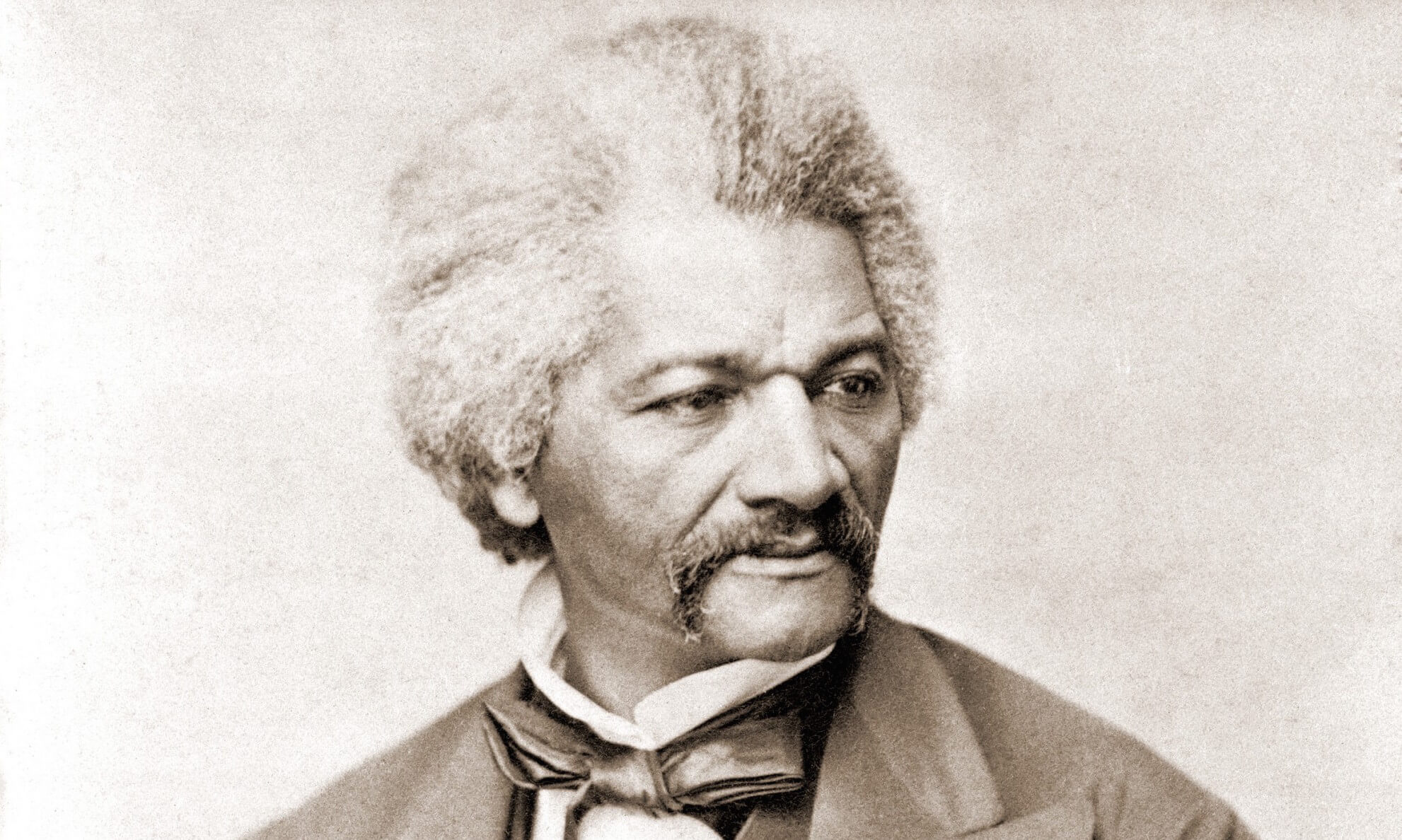
Listen to this account of Frederick Douglass’s first years of freedom.

Read about this lesser-known contemporary of the founding fathers.
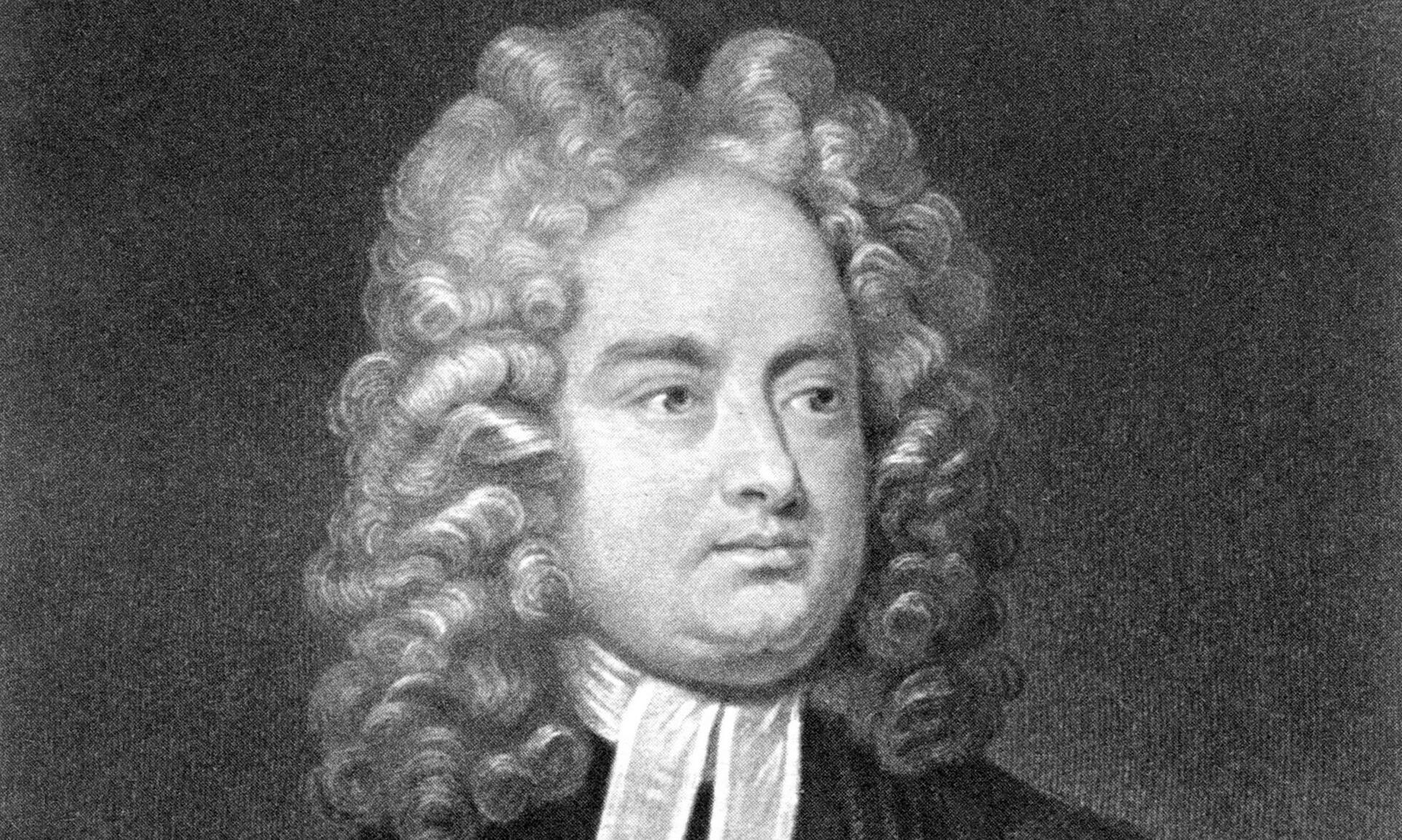
In the 1720s and 1730s, author Jonathan Swift used satire to protest social injustices, balancing facts with absurdity.
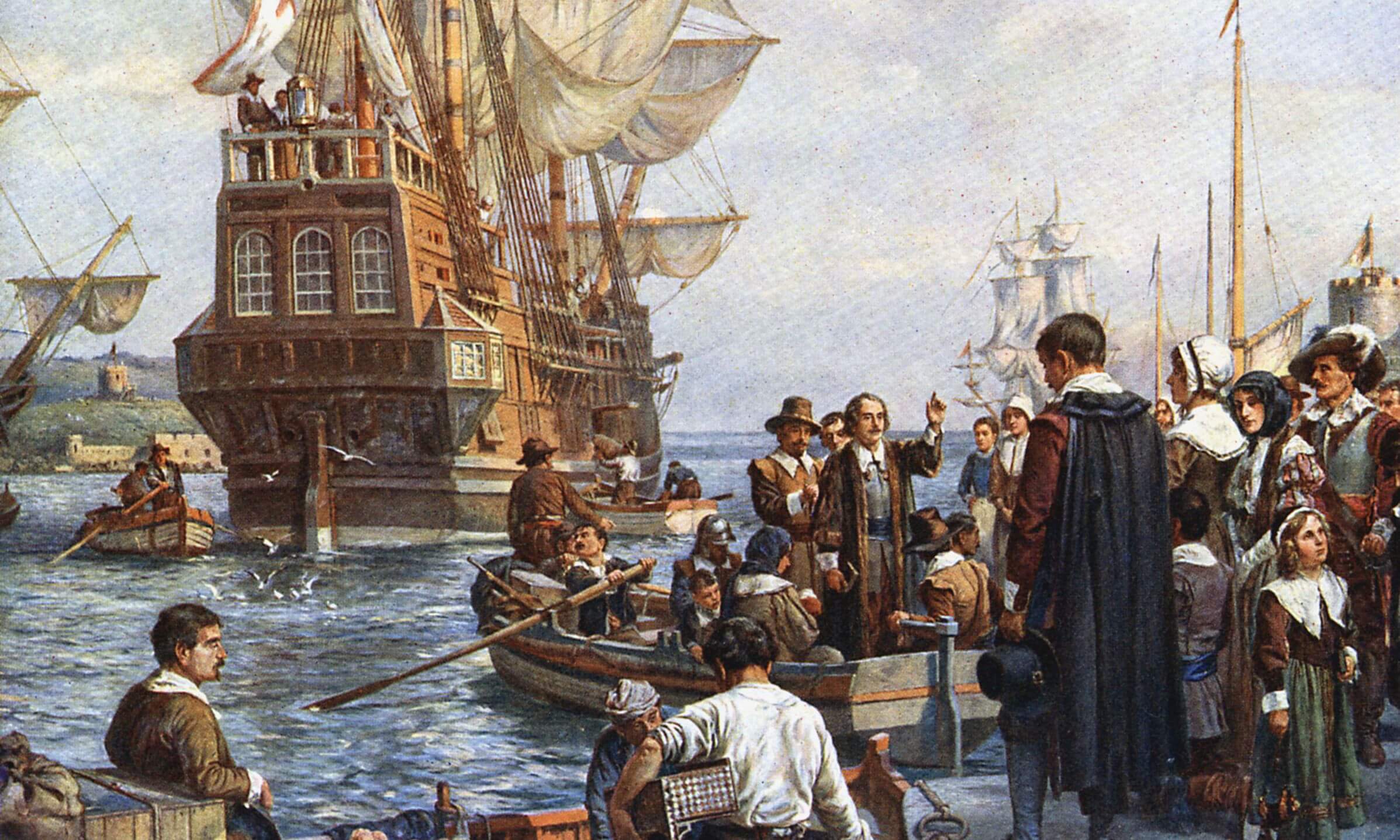
The 2015 PBS documentary The PIlgrims takes a look at some of our preconceived ideas about the United States’ earliest settlers. NPR takes a look.

Using “cold case” investigation methods and hi-tech data analysis, a team of experts is working to determine whether someone told the Gestapo about the secret annex, or if the discovery of the Frank family was merely a matter of chance.
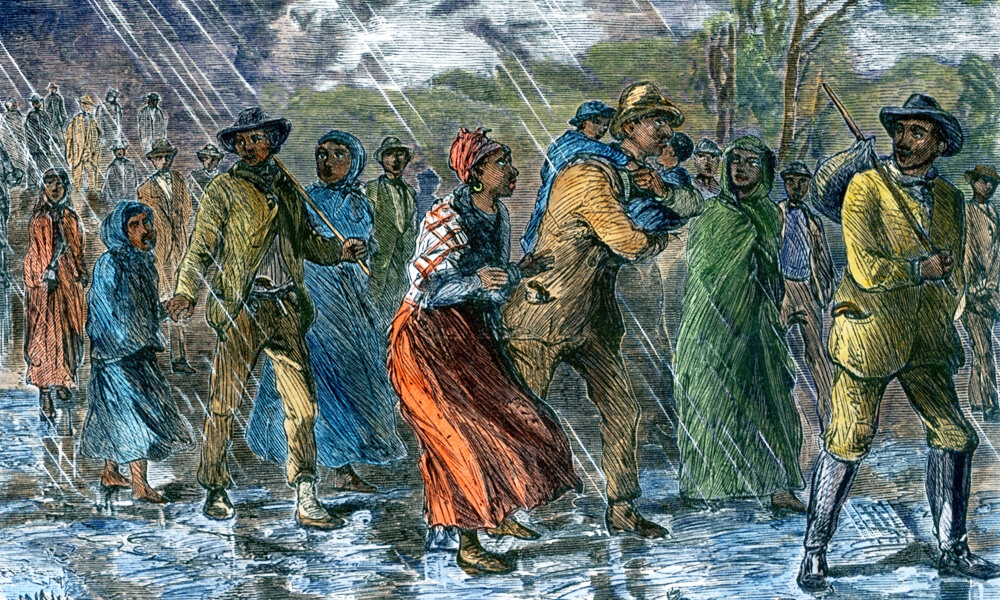
In March of 2017, the Harriet Tubman Underground Railroad Visitor Center opened in Maryland. Read this article to learn more about the center, along with several other reasons Tubman has received fresh attention recently.
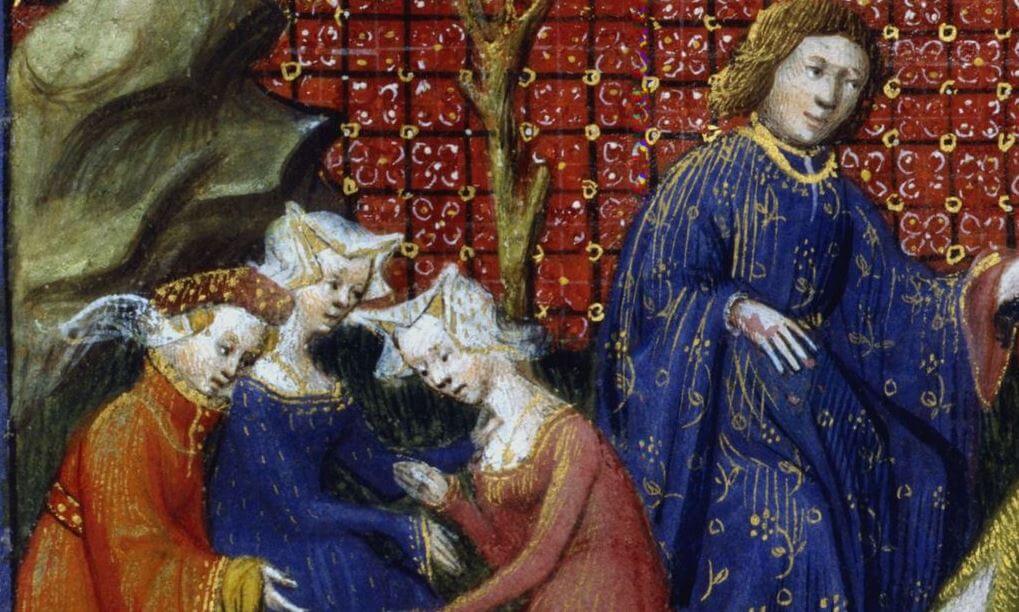
The bubonic plague ravaged the European population in the 14th century. In its aftermath, societal structures were upended, in many cases for the better.

Imagine the elation at witnessing a cosmic event that occurred millions of years ago! That’s what happened in October this year when scientists announced the ripple effect (literally) of two neutron stars crashing into each other around 130 million years ago.

This article examines the complexities of farming technology and its environmental impact since the invention of John Deere’s steel plow in 1833.
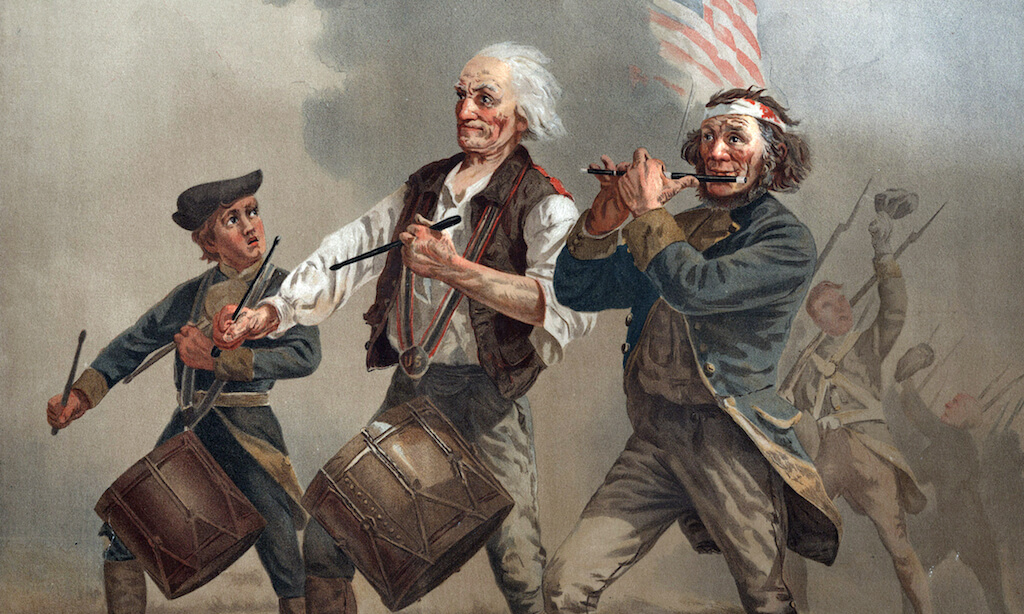
Game-makers researched the events and settings of the 1700s to immerse players in the history of the American Revolution, the setting of Assassin’s Creed 3.